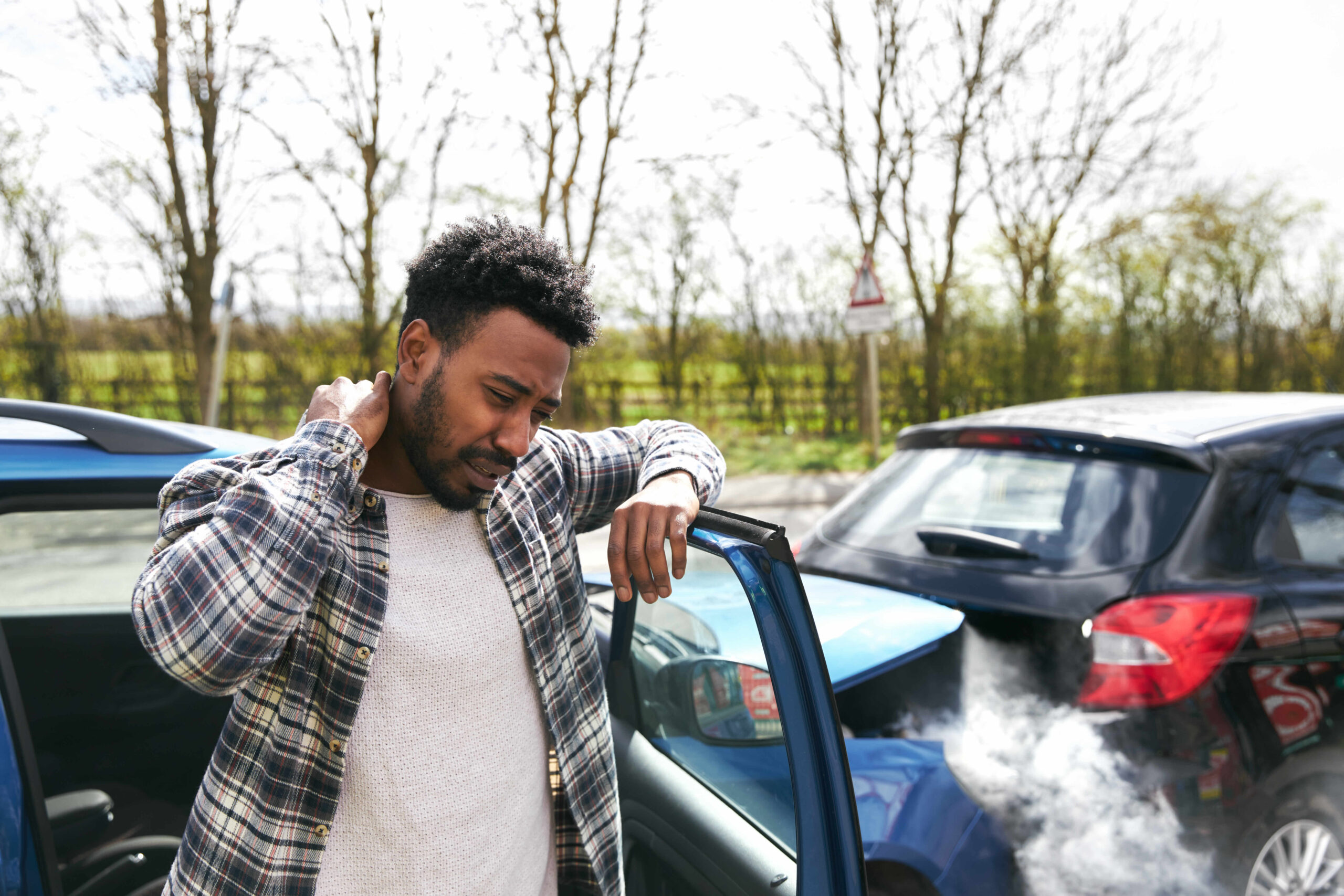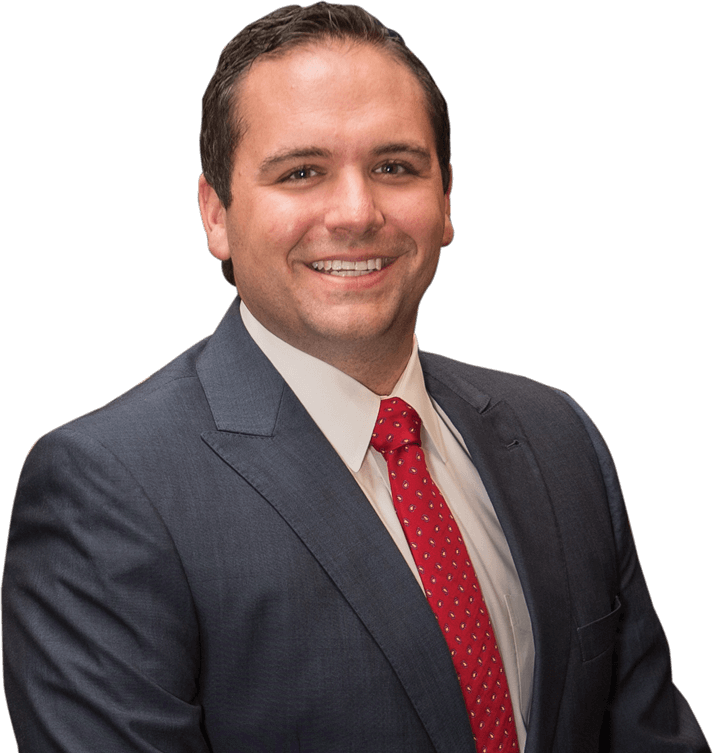
Car accident survivors often experience psychological trauma, such as anxiety, depression, and PTSD, in addition to physical injuries. These mental health issues can have long-lasting effects on victims’ lives.
| Psychological Effect | Symptoms |
| Post-Traumatic Stress Disorder (PTSD) | Flashbacks, nightmares, anxiety, depression, emotional distress reactions |
| Driving Phobias and Anxiety | Physical pain, severe anxiety, flashbacks, blackouts, nightmares |
| Emotional Distress | Mood swings, aggression, difficulty concentrating, feelings of hopelessness |
Why do car accident victims experience psychological trauma?
Car accident victims often experience psychological trauma because crashes can be highly stressful and damaging to a person’s mental well-being.
Witnessing or experiencing a traumatic event like a severe car accident can cause enough psychological harm to trigger conditions such as post-traumatic stress disorder (PTSD), driving phobias, anxiety, and depression.
These mental health issues can persist for weeks, months, or even longer after the accident, affecting the victim’s ability to return to their normal life.
Auto accidents can leave enduring psychological scars alongside physical injuries. Survivors may face post-traumatic stress disorder (PTSD), with symptoms like flashbacks and severe anxiety, impacting daily functionality. Depression, marked by overwhelming sadness and a loss of interest in life, is another common consequence. These conditions can necessitate professional mental health intervention.
Phobias, such as vehophobia or the fear of driving, further complicate the psychological recovery, limiting independence and the ability to carry out daily activities. It is essential for affected individuals to seek support from mental health professionals and rely on their support networks for recovery.
Legal professionals should recognize and address these psychological impacts in compensation claims, advocating for comprehensive support that includes mental health resources. Acknowledging the full spectrum of a survivor’s suffering is crucial for a holistic recovery approach, aiming to restore their quality of life and sense of normalcy after the traumatic event.
Motor vehicle accidents are a major cause of post-traumatic stress disorder (PTSD) among U.S. civilians, leading to significant psychological effects. These incidents can trigger a range of PTSD symptoms, including mood swings, severe anxiety, depression, flashbacks, nightmares, sleep disturbances, and increased emotional distress in response to reminders of the trauma. Survivors may also experience detachment from loved ones, difficulty concentrating, feelings of hopelessness, suicidal thoughts, easy startlement, and aggressive outbursts.
The severity of PTSD symptoms can vary depending on the accident’s severity, with survivors of more serious incidents facing a higher risk. The condition necessitates timely intervention by mental health professionals, as early therapy can mitigate the progression of PTSD symptoms. Addressing PTSD promptly is crucial for the affected individuals’ recovery, allowing them to reclaim their emotional well-being and move towards healing.
Emotional responses to car crashes often result in a profound fear of driving. Depending on the person, this phobia could last for weeks, months, or even longer. It is possible to experience physical pain, severe anxiety, flashbacks, blackouts, nightmares, and psychological distress just by thinking about getting into a car or behind the wheel.
Driving anxiety can make it challenging for the sufferer to drive, go to work, and go back to their regular routines. Phobias in children might manifest as mood swings or outbursts, regression, nightmares, bedwetting, and poor academic performance.
Medical care for psychological and emotional damage sustained in a car crash may be equally expensive, if not more expensive, than medical care for actual physical injuries. Those who have severe phobias and are involved in auto accidents may be eligible for related compensation.
After a car crash, individuals often develop vehophobia, a deep fear of driving, which can disrupt daily activities and isolate them from their normal routines. This fear can manifest as severe anxiety, flashbacks, nightmares, and psychological distress at the thought of getting into a car. For children, symptoms might include mood swings, nightmares, and a decline in school performance.
The psychological impact of vehophobia can be as costly to treat as physical injuries, necessitating therapy, counseling, and sometimes medication. Individuals with severe driving-related phobias due to auto accidents may qualify for compensation, underscoring the importance of recognizing and addressing the full extent of trauma. This approach supports a comprehensive recovery, helping victims overcome their fears and regain their sense of normalcy.
Starting mental health recovery post-accident involves selecting a skilled therapist to guide the healing process and aiming for compensation for mental anguish. This recovery, guided by a counselor, includes stress management strategies and, if needed, medication, with all treatments and progress carefully documented for settlement purposes.
Consulting a medical professional may also be necessary, especially if physical injuries exacerbate mental health issues. This comprehensive approach addresses both emotional and physical aspects of post-accident trauma, emphasizing the importance of integrating mental health care into the compensation claim. Recognizing and treating psychological injuries facilitates a holistic recovery, highlighting mental well-being’s significance alongside physical health.
Non-economic damages, such as mental and emotional suffering brought on by a personal injury, are hard to get without sufficient evidence. Insurance companies and civil courts will accept the following as evidence that the vehicle accident affected your mental health:
Therapist files can be instrumental in legal cases involving personal injury, especially when mental and emotional distress is claimed. These records offer a professional and detailed account of the psychological impact experienced by the individual. A therapist or psychologist’s documentation can substantiate claims of mental anguish by providing a diagnosis that directly links the psychological condition to the accident. For instance, if therapy sessions reveal chronic anxiety, PTSD, or depression stemming from the incident, these findings can serve as compelling evidence. Detailed notes on the treatment plan, progression of symptoms, and the therapist’s professional observations contribute significantly to establishing the severity and legitimacy of the psychological injuries sustained.
A medical diagnosis that correlates physical symptoms with emotional stress strengthens the claim for non-economic damages. Health issues such as ulcers, migraines, weight loss, sleeplessness, and elevated blood pressure can often be traced back to psychological stress and trauma resulting from the incident. Medical professionals, including primary care physicians and specialists, play a pivotal role in identifying these physical manifestations of emotional distress. Documentation of such diagnoses, coupled with a professional opinion linking them to the accident, provides a quantifiable measure of the injury’s impact. This evidence is crucial in illustrating how the incident transcends physical injuries to encompass significant psychological effects.
Expert testimony often becomes a keystone in cases where the psychological impact of an accident is significant. Psychologists or psychiatrists serving as expert witnesses can offer authoritative opinions on the nature and extent of the emotional trauma experienced. Their reports and testimonies can elaborate on how the accident has precipitated specific psychological conditions, drawing on their expertise to explain the symptoms’ likely causes and long-term implications. This professional perspective not only validates the individual’s experience but also lends significant weight to the claim, bridging the gap between personal accounts and the need for expert corroboration in the eyes of the court.
A personal account provides a unique and personal perspective on the toll of the accident, adding depth and context to the clinical and expert evidence. Testimonies during trials or depositions, supported by diary entries or journals, offer insight into the day-to-day realities faced by the individual. These narratives detail the emotional rollercoaster, lifestyle adjustments, and the personal struggle to cope with the incident’s aftermath. While personal accounts may not possess the evidentiary weight of clinical diagnoses or expert testimony, they are crucial in painting a comprehensive picture of the individual’s ordeal, making the compensation case more relatable and compelling.
Severe vehicle accidents often result in emotional and psychological distress, such as depression, anxiety, phobias, and PTSD, with effects potentially lasting for months or even over a year. Victims suffering from such psychological impacts may be entitled to compensation for these non-physical damages.
Jurisdictions like Virginia recognize the right to claim noneconomic damages in vehicle accident lawsuits, covering a range of psychological injuries from emotional distress to trauma-related stress disorders and diminished quality of life. These provisions acknowledge the profound, yet intangible, suffering that can significantly alter a victim’s life.
Immediate medical attention for psychological conditions post-accident is crucial, both for the victim’s recovery and as evidence in seeking legal compensation. Early treatment and documentation are key to substantiating claims for psychological harm.
Legal assistance from a specialized vehicle accident lawyer is essential in navigating the complexities of personal injury law to secure fair compensation. This includes not only immediate financial needs but also ongoing expenses for therapy and mental health care resulting from the accident. Through collaboration with mental health professionals and legal experts, victims can pursue a comprehensive recovery, aiming to restore their peace of mind and optimism for the future. This approach underscores the importance of addressing the full impact of an accident, supporting a holistic path to healing.
The aftermath of car accidents often involves significant psychological effects like PTSD, anxiety, and depression, which can overshadow physical injuries in terms of impact on survivors’ lives. Access to professional mental health support is crucial for navigating these emotional challenges, offering strategies and therapy to aid in recovery.
Securing compensation for emotional suffering is also key. A knowledgeable personal injury lawyer can help navigate the legal process, ensuring survivors receive fair compensation for their mental and emotional distress.
Acknowledging the importance of mental health care and seeking professional help is a vital step towards recovery for survivors. It’s a sign of strength and a crucial part of the healing process. Mental health support, combined with legal advocacy, provides a comprehensive approach to addressing the full spectrum of consequences following a car accident, facilitating a smoother path to recovery and helping survivors regain a sense of control over their lives.
Experiencing psychological trauma post-car accident? Manchin Injury Law’s empathetic and skilled lawyers are ready to support you. We aim to win the compensation you deserve by specializing in cases with psychological impacts.
We collaborate with your health team to present a compelling case for your emotional injuries. Reach out for a free consultation to discuss your situation, get answers, and receive the support needed to navigate this tough period.
Let us guide you towards justice and healing, allowing you to focus on moving forward.

Taylor completed his education at Martinsburg High School before pursuing a B.A. in History and a B.S. in Political Science at Shepherd University. His academic journey continued with the attainment of a law degree from West Virginia University College of Law in 2011. Following his graduation from law school, Taylor directed his focus towards advocating for injured individuals across West Virginia.

Attorney Timothy Manchin established the Manchin Injury Law Group in 2011 after his law partner of more than 25 years became a West Virginia circuit court judge. His focus is on helping individual clients and entire families victimized by negligent acts.
We offer a free initial consultation at our office in the Manchin Professional Building — our home since 1983 — conveniently located in Fairmont.
If you are unable to visit our firm, we can come to your home or hospital room.
Fill out the form below to get in touch!